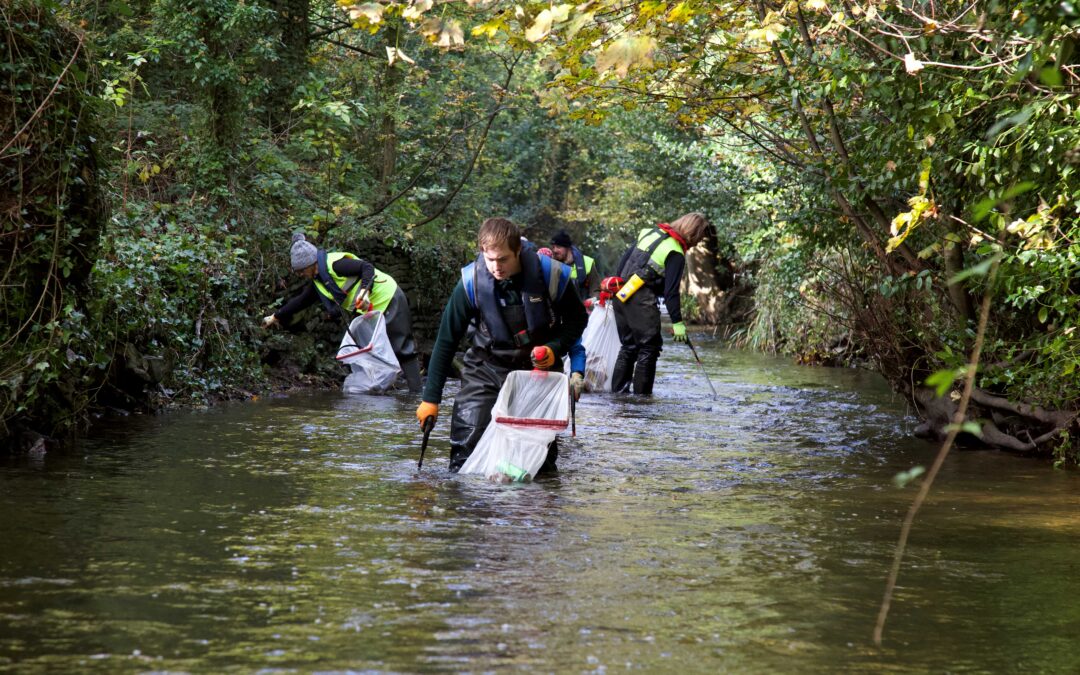Earlier this week The River Trust Organisation released data from their ‘State Of Our Rivers’ report. It outlined that 0% of rivers in England were of good or high quality, and 85% of river stretches fall below good ecological standards. Read the full report here.
Simon Ogden, chair of Sheaf and Porter River Trust, said he was ‘not surprised’ to hear these statistics, and commented further saying: “We’ve seen a huge amount of improvement over the last 40 years and I think we were assuming that that improvement would continue, but there’s a lot of evidence now that at best it’s flatlining and at worst it’s actually getting worse again.”
In Sheffield the River Don has seen a major revival over the last century with important species of plants and wildlife returning.
Dr Edward Shaw, 39, the managing director of Don Catchment Rivers Trust, said: “For much of the last century and up until about the 1980s the River Don was ecologically dead. Improved management of sewage and regulation of industry has led to massive improvements to water quality, meaning many species have returned to the Don. However, the river is still too polluted for the most pollution sensitive species, which is why in 2022 it was classed as being in poor ecological health.”
Sam Turpin, 21, runs a Sheffield based open water swimming club ‘Nips Swim Sheffield’. He believes not enough is being done to protect our rivers: “I think that the UK Government generally should be doing more to recognise the rights of nature. We all benefit from it and it’s sad to see how far behind this country is compared to others.”
Dr Shaw says the future of clean rivers relies on sustainable drainage systems: “We would like to see more sustainable drainage systems. More investment is needed from Yorkshire Water to deal with sewage pollution. The Environment Agency needs more funding, so it has the capacity to monitor our rivers and enforce environmental regulations.”
Yorkshire Water have recently stated they are investing £180m in overflow improvements in the next two years, with further plans of a £1.4bn investment being submitted between 2025 and 2030.
A Yorkshire Water spokesperson said: “We completely understand the public’s interest in the operation of our overflows and are working hard to reduce the number of sewage discharges across the region.”

